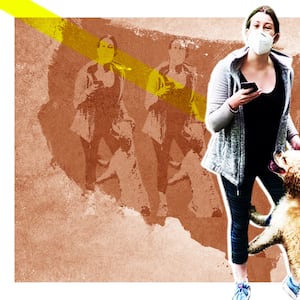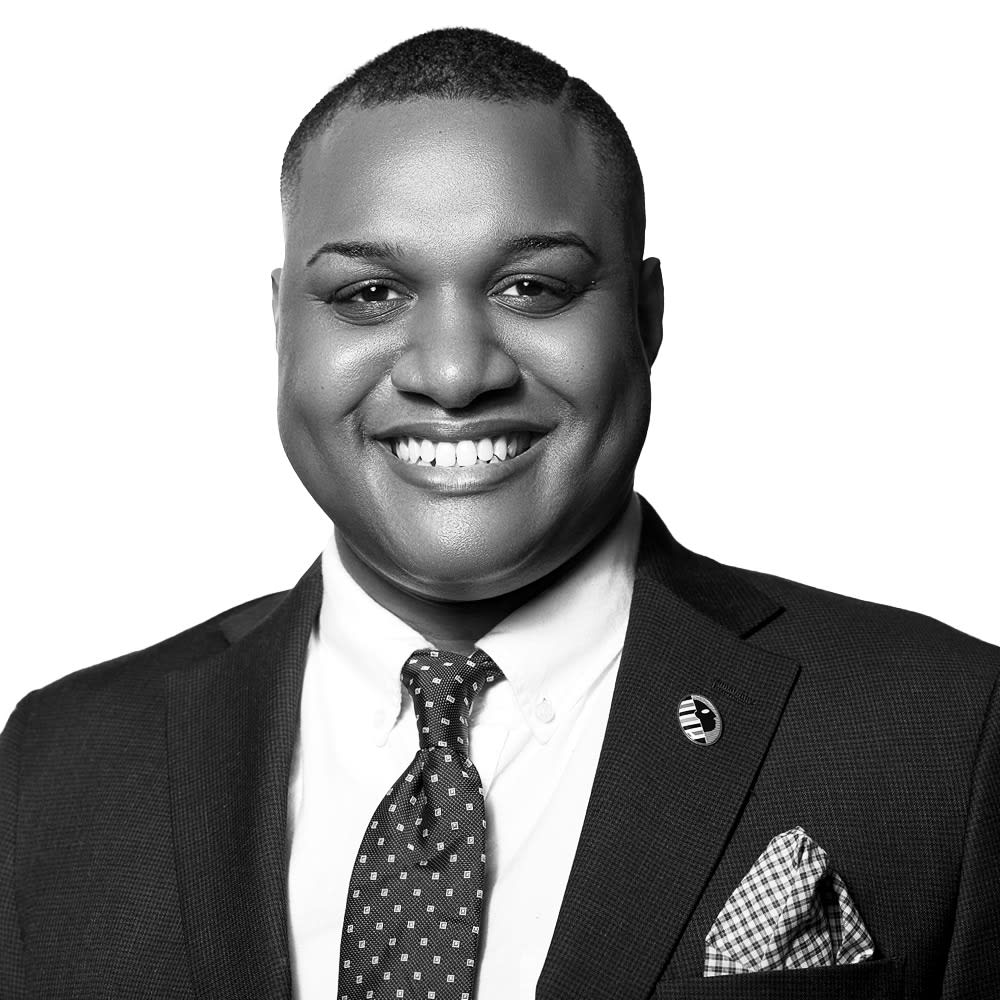As we enter 2021, here’s one term we need to remove from our vernacular: referring to racist white women as “Karen.”
The year 2020 saw a slew of reports about what appeared to be privileged, entitled white women terrorizing Black people going about their everyday lives. Those white women were caught on cellphones across America threatening to call—and in fact calling—managers, supervisors, police officers and whoever they thought might intimidate these Black people and help put them back in their supposed place. In some cases, those threats and calls were simply pathetic and ignored. In others, they appeared more menacing or even life-threatening for the Black victim being accosted.
The type has been around for my whole life, but my first major run-in with the term “Karen” came in May when white woman Amy Cooper was caught on camera in New York City’s Central Park making a false police report about a Black birdwatcher named Christian Cooper. On his cellphone footage, America saw Cooper performing a false sense of fear and victimhood to try and sic the police on an innocent Black man, with all the danger that entails.
The entire situation garnered international attention and helped spark conversations about white supremacy right before the summer racial uprisings inspired by the deaths of George Floyd and Breonna Taylor as people were beginning to think critically about the socially accepted ways that white people have been able to discriminate and racially profile others without question. At this point, the term “Karen” took off as a catchall phrase to describe privileged racist white women who actively harass Black people.
“Karen,” like the once-popular phrase “Becky,” became a moniker to describe white women who were problematic. Such cultural exchanges were often used within the Black community as code words to signal to others within a space that trouble was afoot. I vividly remember friends at college telling me to “steer clear of Beckys” on campus. While others from non-Black backgrounds around didn’t pick up on such language, I quickly got it. To be Black in America means to prioritize your safety even in spaces—college campuses, shopping centers, parks, hospitals, courtrooms, and other common areas—that deem themselves already safe.
When the term “Karen” went mainstream, I hope it meant the overdue beginning of a real dialogue on such acts of social terrorism. Instead, it often seemed more like another trending topic, with viral hashtags like #AndThenKarenSnapped as the public began to become more aware of this kind of disgusting behavior. Rather than being angered by these viral images, people treated them as shock factor conversation starters.
“Can you believe this, Ernest,” a white male colleague told me when sharing a viral video of some white woman at a restaurant rudely insulting her server. “Another day, another Karen.”
“Yes, I’m Black. This shit isn’t new to me,” I told him.
And that was the day I realized that I was tired of hearing the term “Karen” because it was being used more like a punchline than a call to action. If straight white men felt emboldened to call white women Karen, things had gone around the bend. “Karen” had become gentrified, a cultural hijacking from the context and true power the term briefly had. On YouTube, you can now see dozens of videos from white content producers cashing in on sharing the most viral Karen moments. All of this has become a trend, rather than a movement; a farce instead of a wake-up call.
In this new year, it’s time to stop letting “Karens” hide behind an innocuous name that can passively be used to distract from the real harm caused. Call these white women by their real names. Black and brown people who commit heinous acts aren’t given the luxury to hide behind a moniker, neither should racist white women.
In 2021, we should no longer reward bad behavior, nor normalize it. Let’s start by talking about specific women, and cancelling “Karen.”


